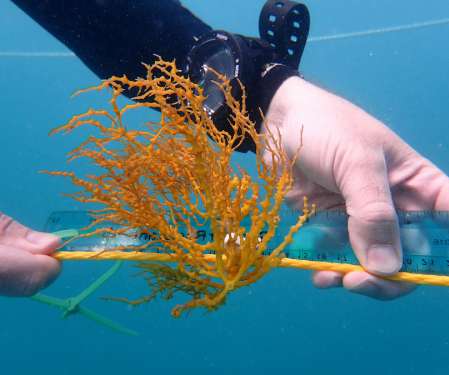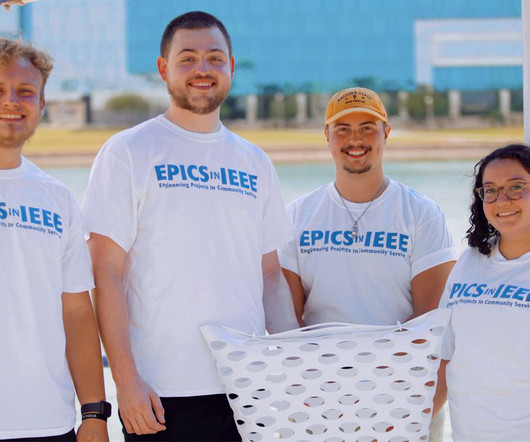MBL begins first test of tropical seaweed farming for biofuels production
Green Car Congress
MAY 17, 2021
A team of researchers led by Loretta Roberson, associate scientist at the Marine Biological Laboratory, Woods Hole, has installed the first seaweed farm in Puerto Rico and US tropical waters. Facilitating research of this nature will be key for the development of sustainable aquaculture in this area.












Let's personalize your content